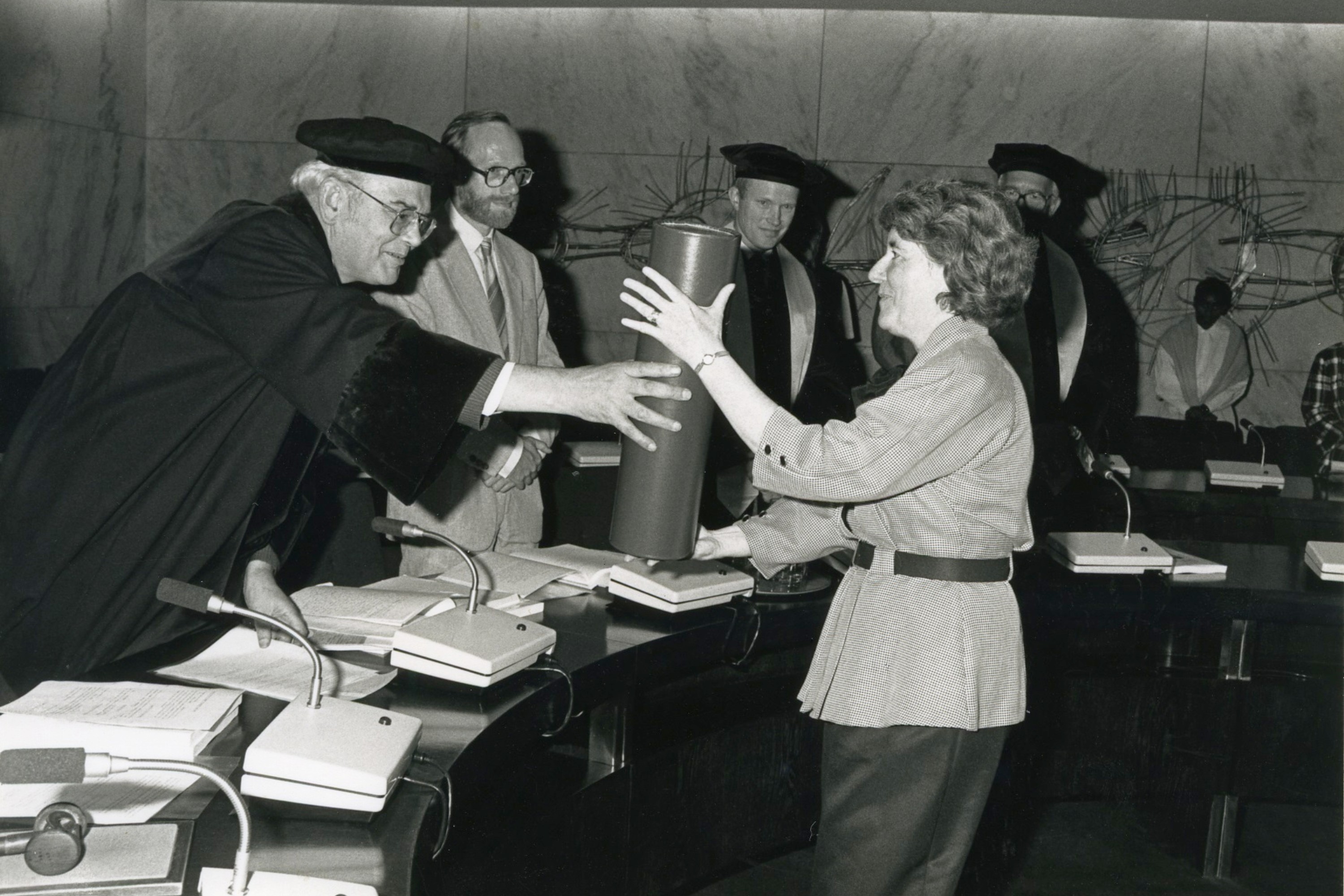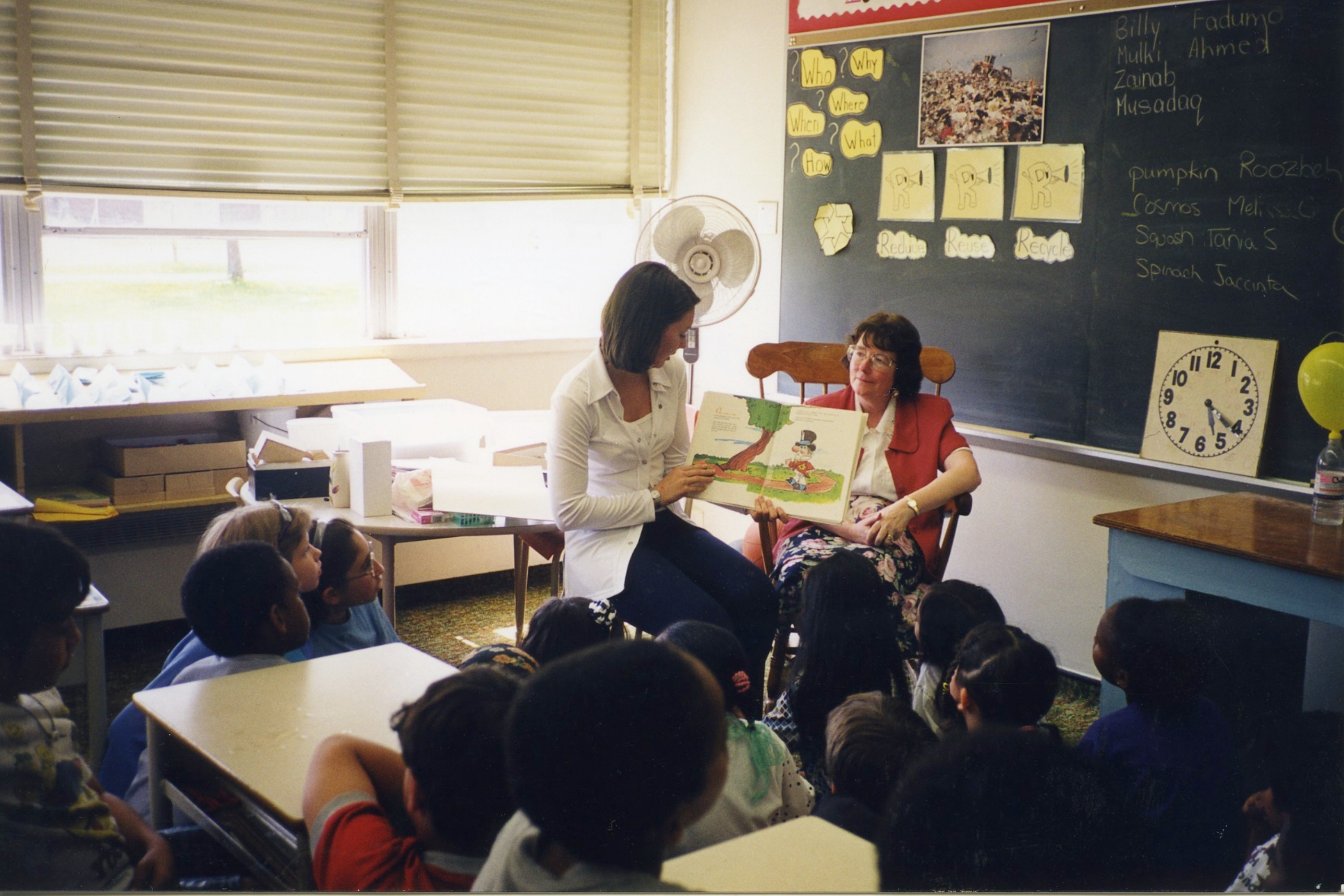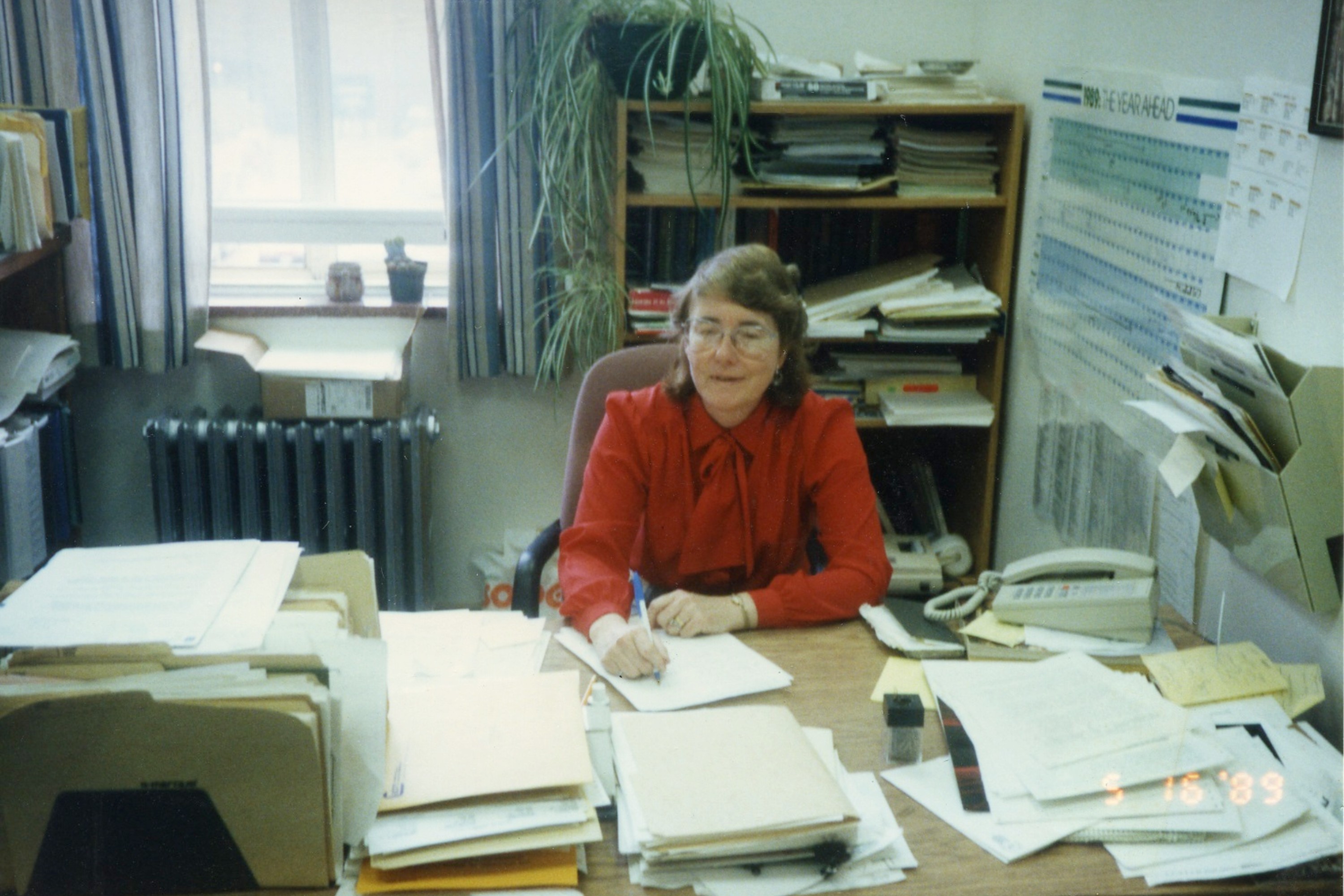
Professor Monique Frize, née Aubry (MPhil Engineering in Medicine 1970) has enjoyed a distinguished career in the field of biomedical engineering and as a leading researcher in medical instruments and decision support systems.
Amongst other honours, she was made Officer of the Order of Canada in 1993 to recognise her dedication to the status of women, particularly in science.
A native Canadian with a global education, Monique reflects:
“My days at Imperial and living in London over 1967-1970 were amongst the happiest of my life. I highly recommend picking Imperial to study your undergraduate or graduate degree.”
Why did you choose Imperial as the place to follow your interest in STEM subjects?
The Department of Electrical and Electronic Engineering (EEE), headed by Professor Bruce Sayers at the time, had one of the best reputations for enrolment in a graduate degree in biomedical engineering.
How did you find life at Imperial as a woman?
I recall there being very few women in the EEE building, however I felt that I was treated the same as everyone else. There never seemed to be a big surprise when a woman was in the tearoom for example.
What did you learn during your time at Imperial, in class or out?
The biomedical modules I attended were excellent, with both the professors and staff friendly and approachable - especially Dr Colin Vickery, and Bill, our technician, who was particularly helpful.
I learned to program in Fortran to create the model for my thesis, the computer was very modern for the time.
I also had access to a cat to test my model - I did not like testing on animals but it was important for accuracy of my model of respiratory motoneurons. We also adhered to ethical standards. Information about animal research at Imperial today can be found here.
Outside of engineering I attended a special course on opera, which was fascinating.
Who did you find inspiring at Imperial and why?
The most inspiring person for me was Dr Vickery, he was kind and always had time to meet with us students. He had very good ideas on how to solve some of the technical problems I faced during my research.
Bill was also very helpful. When he smelled smoke, he’d come into our lab and would know right away what had happened. He once said: “Another Canadian burning one of our power supplies!” and he would explain how the electrical code in the UK differed from the Canadian one. He also helped me out of the elevator one day when I got stuck between floors.
What is your fondest memory of your time here?
Meeting students in the lab who were from medicine or biology. I really enjoyed speaking about research with several of the physicians and I made very close friendships with two of the biology students (Anna and Chris).
Anna, Chris and I ended up attending many concerts together and we’d have picnics in the gardens near Victoria and The Royal Albert Hall, interspersed with pub lunches and visits to the V&A.
Please tell us a bit about the work you’re doing now.

My research for the past 30 years has been focused on developing AI decision support tools for medical applications. Some of these applications include predicting mortality and complications for neonatal intensive care patients, and providing a tool for physicians and parents to assess medical conditions and make difficult decisions on future care plans.
I have also worked on predicting repeat injuries in children, predicting pre-term birth, and several other areas. To date, our models have been more accurate than others found in the literature.
This research has been fascinating and all of my graduate students have enjoyed working on these medical issues. Some have published many papers relating to their thesis work.
How has what you learnt at Imperial helped you in your career so far?
At Imperial I learned how to continue with good research practices. The programme I studied was not necessarily related to my future work, but the research methods were very helpful.
What have been your career highlights and lowlights?
One highlight was completing a doctorate at Erasmus Universiteit Rotterdam. Another was obtaining a patent in 1987. A third was being appointed as the first Chair of Women in Engineering at UNB with a mandate to increase the participation of women in Canada, whilst also carrying my academic duties such as teaching, research and graduate student supervision.
I suppose a lowlight would be when an unqualified man got the position that I had applied for in a hospital to manage biomedical services. I was the only qualified candidate in one case, and one of two qualified candidates in the other. The men chosen had none of the qualifications except being male.
To round off with another highlight, I’ll include the wonderful recognition I have received in terms of awards and honours:
- Officer of the Order of Canada
- Five honourary degrees
- Fellowships in IEEE, EC, CMBES, IUPESM, CAE, AAIA.
- I have also published six books, including my memoirs in 2019.
I would say all of my decisions when faced have been made with clarity and certainty.

What are your plans for the future?
To do a technology transfer of my neonatal system, PPADS, so it can be used in a real clinical setting. I am also in the process of writing three new books!
What advice would you give to girls who are thinking about studying STEM, particularly at Imperial?
STEM can be very exciting to study and work in.
Girls and young women should develop goals, speak to role models about their ideas and what they like most about their studies. They also should understand each STEM field to help them choose their future education path – and they should believe in themselves.
Young women tend to have lower self-esteem and confidence than young men, but they should persist in spite of any discouragement, comments or failures during their studies. Don’t be too hard on yourself.

What are you most proud of in your life?
I completed my doctorate in a year and a half on a very exciting topic that helped many fellow engineers in the field when I published it.
Do you have a favourite quote or saying?
When there is a will, there is a way. Believe in yourself.
Is there anything else you’d like to share?
My days at Imperial and living in London over 1967-1970 were amongst the happiest of my life. I highly recommend picking Imperial to study your undergraduate or graduate degree.
Professor Frize has a Wikipedia page you can visit, here.

Monique's hope for girls and young women keen on STEM:
"Girls and young women should develop goals, speak to role models about their ideas and what they like most about their studies. They also should understand each STEM field to help them choose their future education path – and they should believe in themselves."